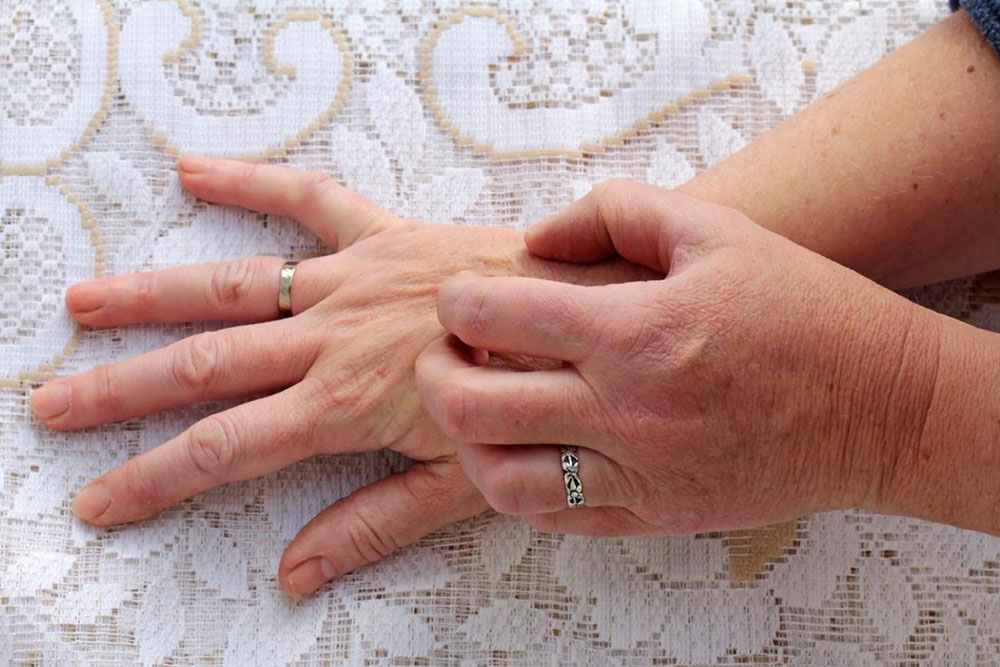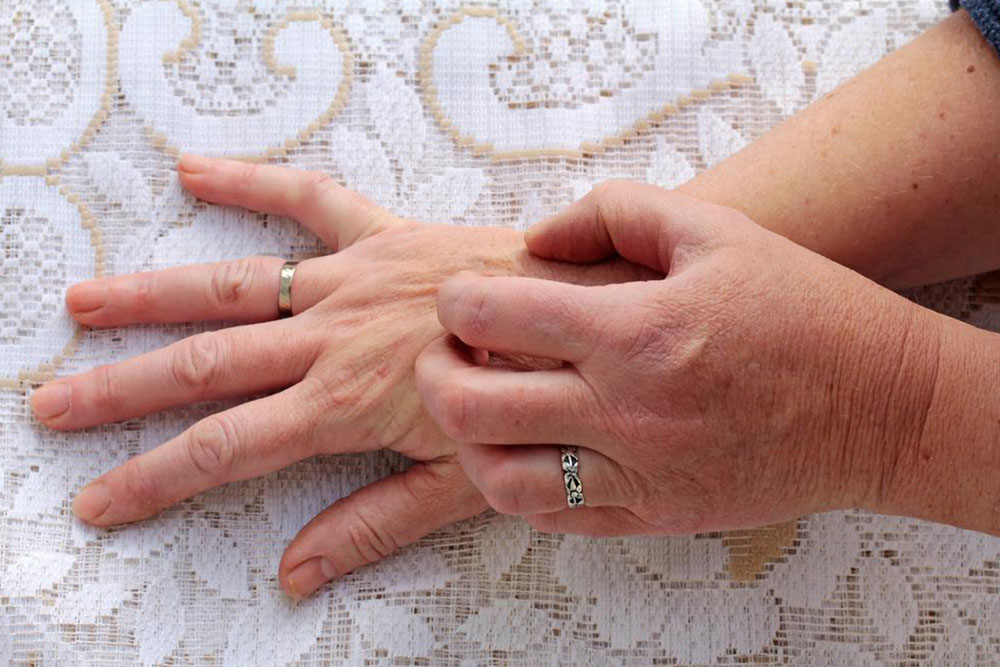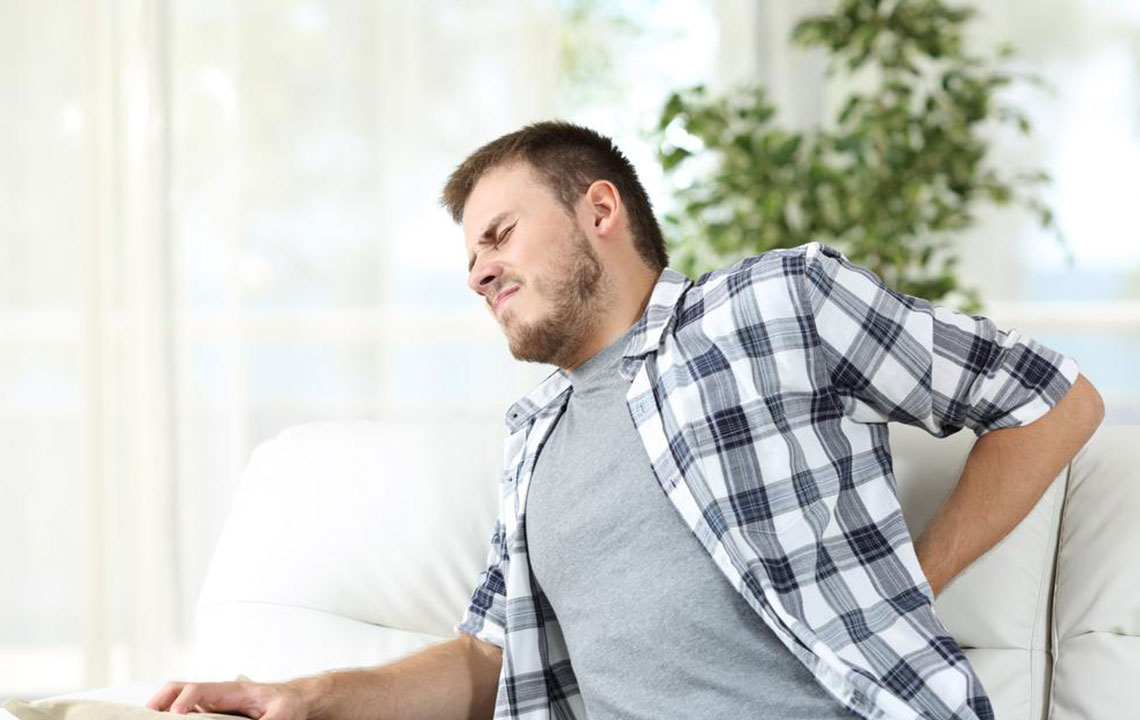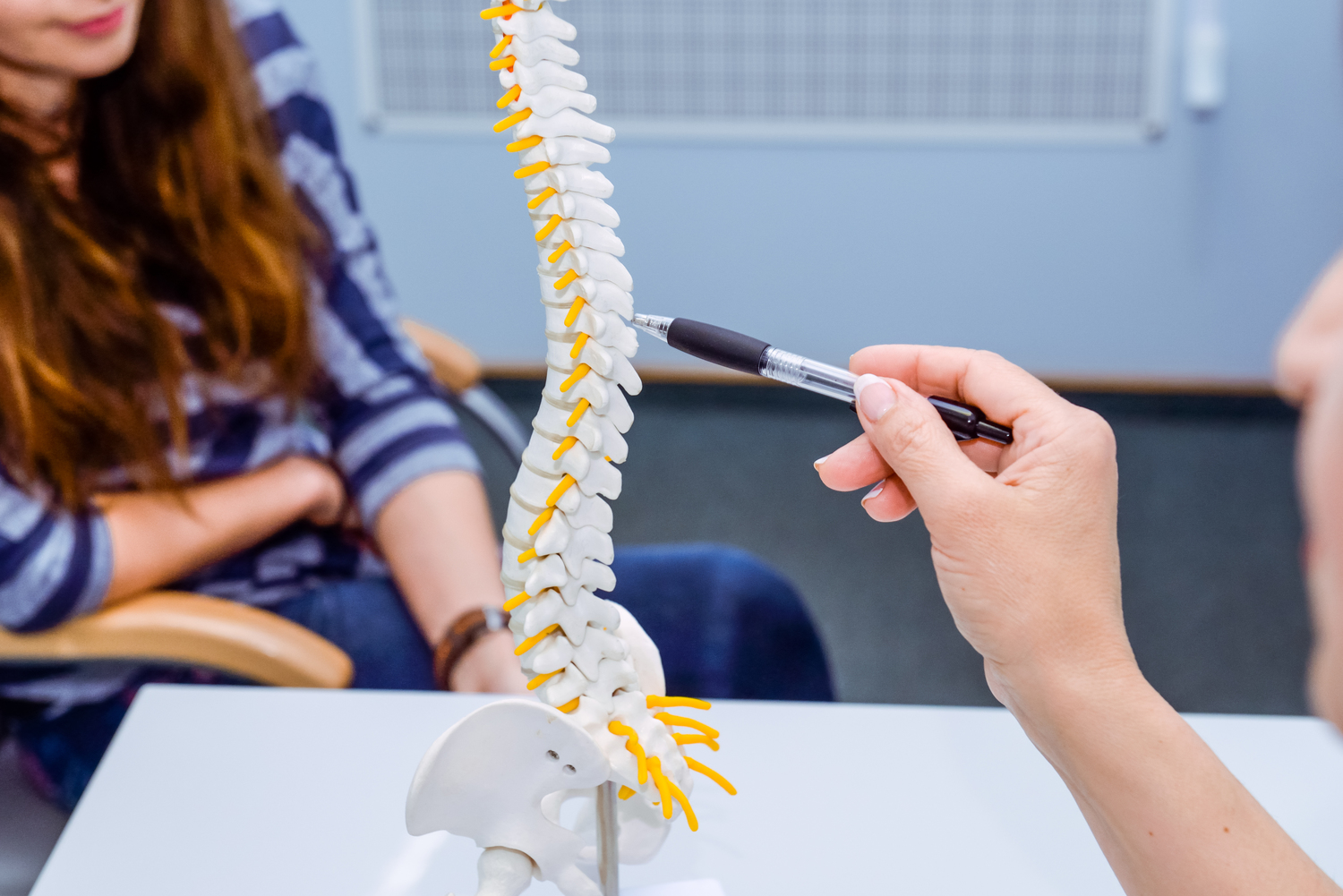Understanding Balanitis: Prevention and Treatment Strategies
This article covers the causes, treatments, and prevention tips for balanitis, emphasizing the importance of proper hygiene, medical consultation, and natural remedies. It provides guidance on managing symptoms and avoiding recurrent infections with effective strategies tailored for men experiencing this common condition.

Understanding Balanitis: Prevention and Treatment Strategies
Balanitis is a common condition, especially among men without a circumcision. It causes symptoms like pain and swelling on the head of the penis. Effective treatments are available, but consulting a healthcare professional is essential for proper diagnosis and personalized management. Once diagnosed, your doctor can recommend suitable therapies tailored to your condition. Treatment options vary, including topical medications, managing infections, or surgical procedures if necessary. Early intervention and proper hygiene are key to preventing and controlling balanitis.
Medical Treatments In managing balanitis, methods depend on the severity and cause of the infection. Here are common approaches:
Antifungal Ointments
Usually prescribed for yeast-related balanitis, antifungal creams are applied directly to the affected areas as directed by your healthcare provider.
Antibiotic Therapy
Bacterial balanitis, often linked to sexually transmitted infections, may require antibiotics specified by a doctor.
Foreskin Removal (Circumcision)
If other treatments do not work, surgical removal of the foreskin may be recommended to eliminate the condition.
Balanitis can also occur in individuals with tight foreskin. Alternative procedures like dorsal slit surgery may be suggested, creating an opening in the foreskin without removing it, allowing better access to the head of the penis. Consulting a healthcare professional ensures the best treatment plan tailored to individual needs. While there is no quick cure, early diagnosis and proper management can lead to effective relief. Non-prescription anti-inflammatory drugs may provide temporary relief but should only be used after consulting a doctor to avoid side effects.
Home remedies can help soothe symptoms but should be discussed with a healthcare provider first. Natural options include applying probiotic-rich yogurt, soaking in salt water, using coconut oil for its antifungal properties, and utilizing tea tree oil for its antimicrobial effects. These methods may complement medical treatments but are not substitutes for professional care.
Preventing balanitis involves maintaining good hygiene, using protection during sex, and avoiding irritants. Regular cleaning, drying, and avoiding harsh chemicals can significantly reduce the risk of recurrent infections. Proper hygiene and safe sexual practices are vital to prevent future episodes.










